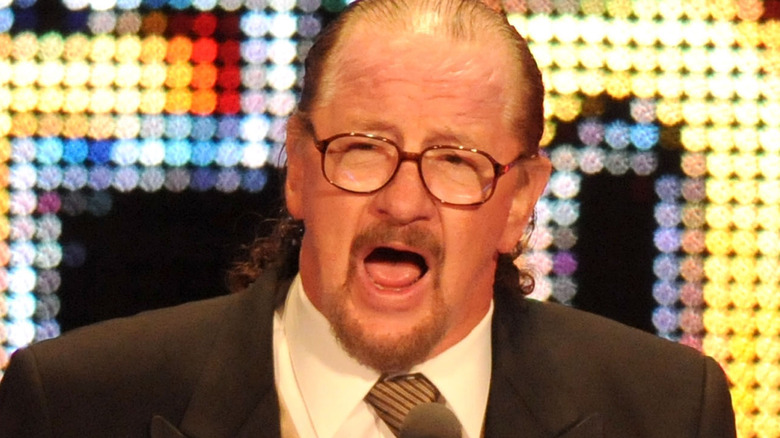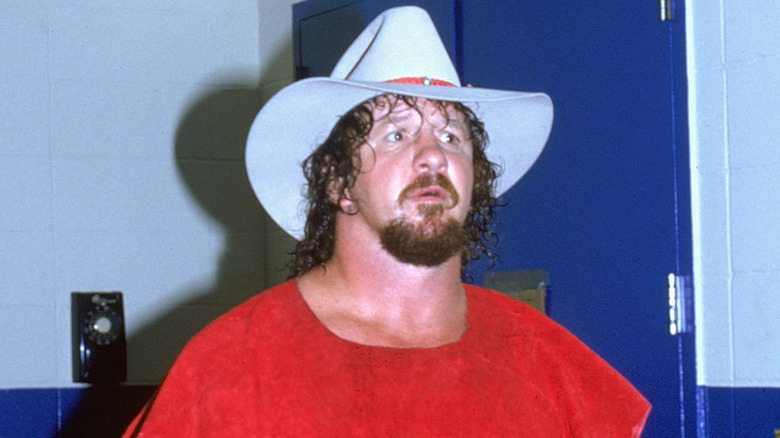Tommy Dreamer Explains Why He Originally Hated Mentor & WWE Hall Of Famer Terry Funk
During a recent interview with "Under The Ring," Tommy Dreamer explained how he first saw and first met his mentor, the late Terry Funk.
"First time I saw Terry Funk was on my television and I hated Terry Funk," Dreamer said. "I hated, hated, hated Terry Funk growing up. Why? Because he did his job so well. Because he beat up my hero 'The American Dream' Dusty Rhodes. I never realized how great he was until I got into the wrestling industry because, again, he broke Dusty Rhodes' arm, and I was the biggest Dusty Rhodes guy. He was my hero and the reason I got into wrestling."
Dreamer added, "When I first met him in original ECW, I wanna say '92, and he just took a liking to me. He really helped me and then he became my real mentor, took me under his wing, and I was struggling trying to learn how to get over. And struggling to cut my teeth in this industry and trying so, so hard. He just sat me down and gave me so much great advice. Then when I was at his funeral and wake, it was that same thing that he saw in me, he saw in so many other people."
'He broke down barriers'
At Funk's funeral, Dreamer heard from Manny Fernandez, Ted DiBiase, Tully Blanchard, Bret Hart, and so many others that Funk either saw something in them or trained them. One piece of advice that Funk gave Dreamer was the same thing he relayed to other performers.
Dreamer said, "In the sense of how he helped me, he literally gave me non-stop advice of how to be true to yourself and your character will become exactly who you are in that sense."
The current Impact Wrestling talent went on to explain how Funk changed the culture of how American wrestlers are perceived in Japan.
"If you think about Terry Funk — and I told him this — back in the day, the Americans were always the bad guy in Japan," Dreamer recalled. "Why? Because we dropped a bomb on their country. The United States wrestlers were always the bad guys until Terry Funk. He changed the culture of people. I told him this, and he just didn't really think about what he did. But you think about now all the Americans that are cheered there. Who's the first that they were like, 'Oh, wait, we actually love this person.' Because he broke down barriers. That's a cultural statement."
If you use any quotes from this article, please credit "Under The Ring" with a h/t to Wrestling Inc. for the transcription.

